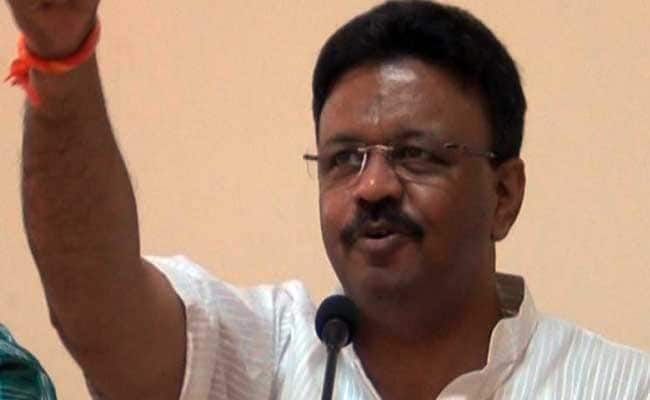Plastic surgery has gained immense popularity in recent years, offering individuals the opportunity to enhance their appearance and boost their confidence. While the promise of transformation is appealing, one common concern that often arises is the pain associated with plastic surgery. In this comprehensive guide, we will explore the pain factor in plastic surgery, dispelling myths, and providing insights into what you can expect from the process. We’ll also emphasize the importance of choosing the best plastic surgeon in Bangalore or any other location to ensure a comfortable and successful experience.
The Perception of Pain
Addressing Common Beliefs
Plastic surgery procedures can encompass a wide range of treatments, from minimally invasive injections to extensive reconstructive surgeries. The perception of pain associated with plastic surgery can vary widely depending on several factors, including:
Type of Procedure: Some procedures are relatively painless, such as Botox injections or dermal fillers, while others, like breast augmentation or facelifts, may involve more discomfort.
Individual Tolerance: Pain tolerance varies from person to person. What one individual perceives as mild discomfort; another may describe as significant pain.
Surgical Technique: The surgeon’s skill and technique play a crucial role in minimizing pain. A skilled surgeon can perform procedures with greater precision and less trauma to tissues, reducing postoperative discomfort.
Pain Management in Plastic Surgery
Preoperative Measures
Before undergoing plastic surgery, your surgeon will take several steps to manage pain effectively:
Anesthesia: Depending on the procedure’s complexity, you may receive local anesthesia, sedation, or general anesthesia. These options ensure you are comfortable and pain-free during the surgery itself.
Prescription Medications: Your surgeon may prescribe pain medications to be taken before the procedure, helping to preemptively manage pain.
Intraoperative Pain Control
During surgery, your surgeon will employ techniques to minimize pain:
Local Anesthesia: Local anesthesia is often used to numb specific areas, reducing discomfort during and immediately after the procedure.
Minimally Invasive Approaches: Whenever possible, surgeons opt for minimally invasive techniques that involve smaller incisions, resulting in less tissue trauma and postoperative pain.
Postoperative Pain Management
Medications
After plastic surgery, it’s common to experience some level of discomfort. Your surgeon will prescribe pain medications, such as opioids or non-steroidal anti-inflammatory drugs (NSAIDs), to manage postoperative pain. It’s essential to follow the prescribed medication regimen as directed for optimal pain control.
Recovery and Rest
Proper rest and recovery are crucial for minimizing pain and ensuring a smooth healing process. Following your surgeon’s postoperative instructions, including activity restrictions and wound care, is essential.
Choosing the Best Plastic Surgeon
Importance of a Skilled Surgeon
Selecting the best plastic surgeon in Bangalore or any other location is paramount in ensuring a positive experience with minimal pain. A skilled and experienced surgeon will:
- Use the latest techniques and technologies to minimize trauma during surgery.
- Provide thorough preoperative and postoperative care instructions.
- Tailor pain management strategies to your specific needs and procedure.
Conclusion
In summary, the perception of pain in plastic surgery varies widely depending on factors such as the procedure, individual tolerance, and surgical technique. While some discomfort is typical after surgery, it can be effectively managed through anesthesia, medication, and proper postoperative care.
Choosing the best plastic surgeon is crucial for a comfortable and successful plastic surgery experience. A skilled surgeon will prioritize your comfort and employ techniques that minimize pain and optimize your results. If you’re considering plastic surgery, consult with a board-certified plastic surgeon to discuss your goals, expectations, and any concerns you may have about pain management. With the right surgeon and comprehensive care, you can achieve your desired aesthetic enhancements with minimal discomfort.

















